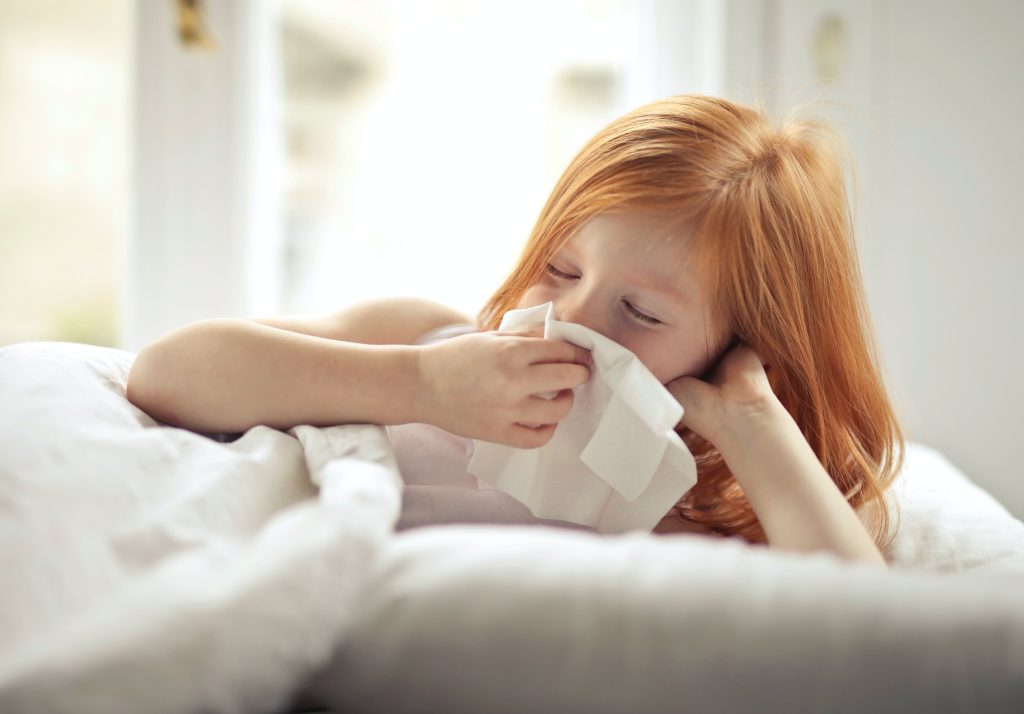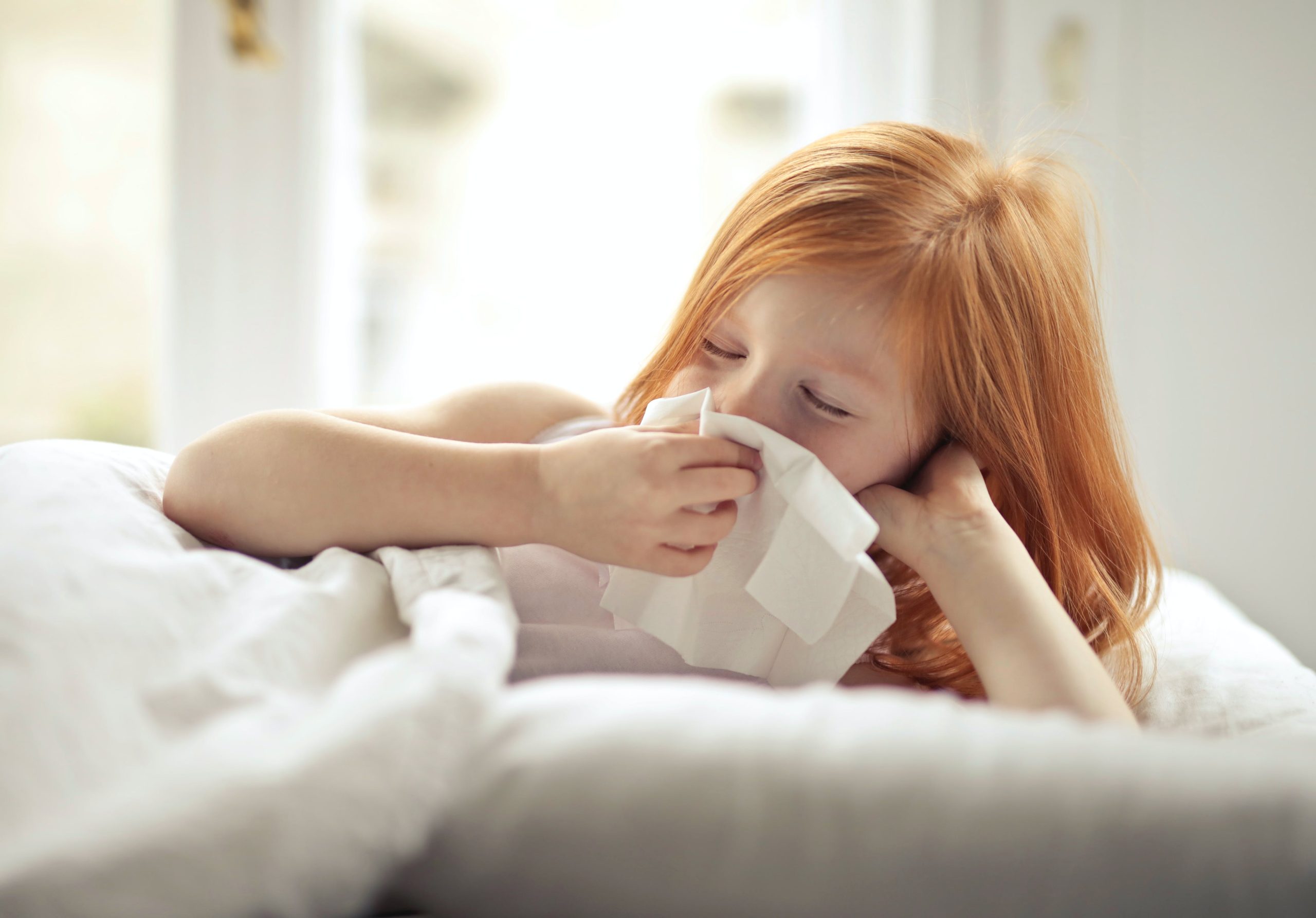Allergic reactions occur when the body’s defenses react too strongly to an environmental factor. The body decides that pollen, mold or other molecules are dangerous and need to be eliminated. The mucus will follow, along with swelling and itchiness.When your child wheezes, you should also queue up the airway spasm.Expect dry, itchy skin patches if the person has sensitive or reactive skin.Allergies are a pain.

What causes allergies?
Allergies can affect children in many ways. Children can be allergic to a variety of things. They may react to spring flowers, grass in summer or fall, and even Christmas trees and wood fires during the winter. Molds, mildews, and dust mites are all year-round allergens. These tiny bugs, which live on dust, upholstery and skin flakes, can be found in many places. They also leave their waste behind. Children are often allergic to cats, birds, and their feathers or fur. They may also react to saliva, skin scales, or the animal’s saliva. As well as air pollution and perfume fumes, the poisons found in cigarettes can trigger allergic reactions. Allergies are caused by the scents and colors in detergents and soaps. Latex and metals such as nickel can cause allergic reactions in some children.
Food allergies is a separate blog.
What can we do to prevent allergy attacks?
All we can do to control allergies is keep them in check. Avoid the allergen if possible:
- Do not buy a kitten for your allergic child. The same goes for dogs, birds and hamsters.
- Do not smoke inside your home or vehicle.
- Buy filters that will catch pollens if you have an allergy to them.
- Dust mites? Dust mites?
- Do not use drapes in the room or do you wash them every week?
- You should only wash stuffed animals in hot water and with the bed linens of their beds once per week.
- Vacuum every day (sorry)
- Use a wet cloth to dust (again, sorry).
- Molds? Repair any areas that are damp in your house. Install a timer on your bathroom exhaust fan.
- Remove all vegetation from around the home and dispose of any plant parts that are dead.
Medicines that help to prevent allergies
Your munchkin may need to take antihistamines if avoidance does not work. Stick to the non-sedating, newer antihistamines like claritin or zyrtec, xyzol and allegra.
You can administer an antihistamine an hour or so before an inevitable exposure (“We must go to Grandma and she knows that cat!”).
They can take the antihistamine every day if they will be in contact with their allergen triggers daily for some time (e.g. spring pollen). If you purchase the non-sedating antihistamine, they can be taken every day.
Singulair, or montelukast (montelukast) is a medicine that can help treat chronic allergies.
Give them plenty of water to flush out the allergens.
Allergy Testing
Allergy testing helps to determine what the person is allergic to so that you can avoid it or take steps to clean them up. Knowing is powerful. Finding a cat’s new owner is useless if your child has only an allergy to mold. Poor kitten.
If avoidance, medication, and allergy shots aren’t enough to de-sensitize the munchkin, then your doctor will suggest them. The child will be unhappy.
You can help your child feel better if they suffer from allergies. If you are unable to prevent the allergy, you should give your child medication. This can be a nasal spray or antihistamine for a shorter period of time. If the simpler treatments don’t help, consider allergy tests and injections. Hydrate. The season is changing.
